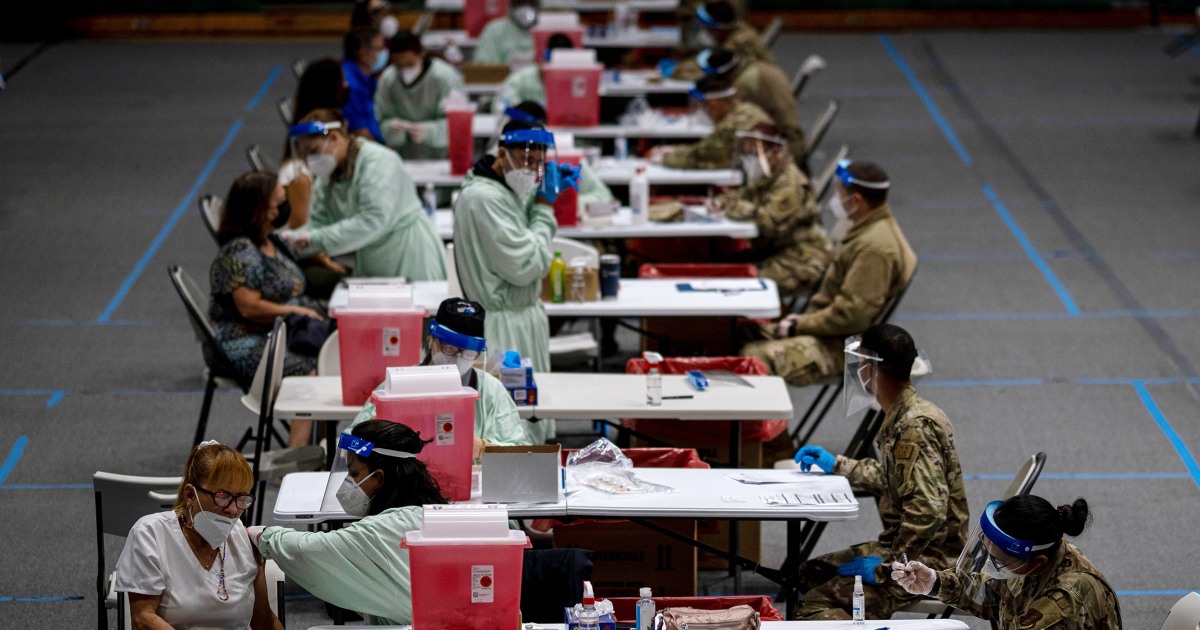You are here
Puerto Rico enacted strict Covid measures, lessons for the Mainland
Primary tabs
 Puerto Rico enacted strict Covid measures. It paid off, and it's a lesson for the mainland. Puerto Rico used curfews and rigorous sanitary measures, "and the pandemic was never politicized," a health expert said. It saved lives — and its health care system. NBC News
Puerto Rico enacted strict Covid measures. It paid off, and it's a lesson for the mainland. Puerto Rico used curfews and rigorous sanitary measures, "and the pandemic was never politicized," a health expert said. It saved lives — and its health care system. NBC News ...
Puerto Ricans in the U.S. territory avoided overwhelming their already fragile health care system during the pandemic, mainly because of extraordinary measures the local government put in place early on — and people’s willingness to comply with them.
"In Puerto Rico, the pandemic was never politicized," said Daniel Colón-Ramos, professor of cellular neuroscience at Yale University and president of Puerto Rico's Scientific Coalition, a group of experts advising Gov. Pedro Pierluisi on the island's Covid-19 response. "People were really rowing in the same direction."
Since the start of the pandemic, at least 94,336 Covid-19 cases have been confirmed in Puerto Rico, an island of 3.2 million. The virus has killed at least 2,073 people in the island so far.
However, Puerto Rico has not seen an uptick in cases since December, even following big holidays such as Christmas, New Year’s Day and Three Kings Day. The lowest positivity rate was reported in February (5.2 percent) since Covid-19 deaths rose around Thanksgiving.
With the Covid-19 vaccine rollout underway, Puerto Rico is now on track to fully immunize two of its municipalities: Vieques and Culebra, both smaller islands off the coast of Puerto Rico.
In a drastic effort to limit crowds, Puerto Rico was among the first U.S. jurisdictions to implement an islandwide curfew last March that asked people not to leave their homes after nighttime. Nonessential businesses were shut down. All schools closed down and cruise ships were banned from docking on the island.
Puerto Rico went on lockdown the following month while the curfew was still in place. Puerto Ricans had to stay home at all times. If they left, it could only be for essential purposes and they had to be back home before the nighttime curfew.
Puerto Rico was also among the first U.S. jurisdictions to issue a mask mandate, alongside New Jersey.



Recent Comments